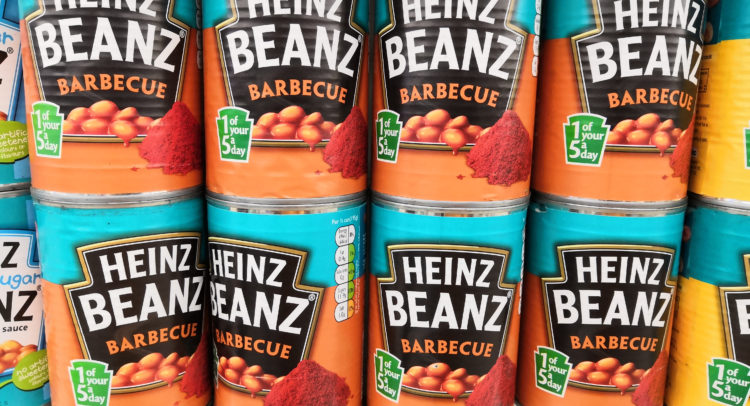Billionaire Warren Buffett’s Berkshire Hathaway bought back $5.1 billion of its own stock as the investment conglomerate topped second-quarter earnings.
Berkshire (BRK.A) reported that second-quarter net income soared 87% to $26.3 billion year-on-year driven by a recovery in the global stock market and an appreciation in the value of major investments such as Apple Inc. The investment conglomerate posted a $49.75 billion loss in the first quarter.
Operating profit in the reported quarter dropped to $5.53 billion, or about $3,463 per Class A share, from $6.14 billion, or $3,757 per share, in the year-ago period. Revenue declined 11% to $56.8 billion, beating analysts’ estimates by $3.24 billion. Adjusted earnings amounted to $10.88 per Class B share exceeding analyst consensus by $8.58.
In addition, Berkshire announced a $9.8 billion writedown attributable to impairments of goodwill and certain identifiable intangible assets related to the acquisition of Precision Castparts Corp. in 2016.
Looking ahead, Berkshire is cautiously warning that the impact of the coronavirus pandemic on the global economy is likely to affect the operations of its invested businesses. Berkshire is a major holder in financial firms, including Bank of America (BAC), and has stakes in other major conglomerates ranging from Apple (AAPL) to Kraft Heinz.
“The risks and uncertainties resulting from the pandemic that may affect our future earnings, cash flows and financial condition include the nature and duration of the curtailment or closure of our various facilities and the long-term effect on the demand for our products and services,” Berkshire said in its second-quarter filing. “We cannot reliably predict when business activities at our numerous and diverse operations will normalize. Nor can we predict how these events will alter the future consumption patterns of consumers and businesses we serve.”
Earlier this year, the investment guru announced that Berkshire sold off all of its holdings in the U.S. four largest carriers – American Airlines Group Inc (AAL), United Airlines Holdings Inc., Delta Air Lines Inc., and Southwest Airlines Co. – as air travel was shut off in an effort to contain the fast spread of the coronavirus pandemic.
The investment conglomerate said in the second quarter it recorded a $513 million loss on its 26.6% stake in Kraft Heinz (KHC) due to goodwill and intangible asset impairment charges incurred by the food company.
Shares in KHC have more than fully recovered since dropping to a low in March and are now trading 10% higher than at the start of the year. (See Kraft Heinz stock analysis on TipRanks).
Jefferies analyst Robert Dickerson at the end of last month reiterated a Hold rating on the stock with a $37 price target, saying that although he starts to like the stock, “many questions remain around further brand investment needs, premiumization potential, private label exposure, commodity pass-through risk, and divestment dilution probability”.
Dickerson looks forward to getting answers at the September Investor Day, noting that “the company does seem to be on a better path, the dividend safe, deleverage improving, and valuation attractive”.
Overall, Wall Street analysts are sidelined on the stock. The Hold consensus is based on 7 Holds, 3 Sells and 4 Buys. The $35.69 average price target indicates that the stock is more than fully priced.

Related News:
Billionaire Buffett’s Energy Unit To Buy Dominion Energy Assets For $4B
Buffett Increases His Bank of America Stake With 34M Share Purchase
Chevron To Buy Noble Energy For $5 Billion In All-Stock Deal
















